Conservation Partners
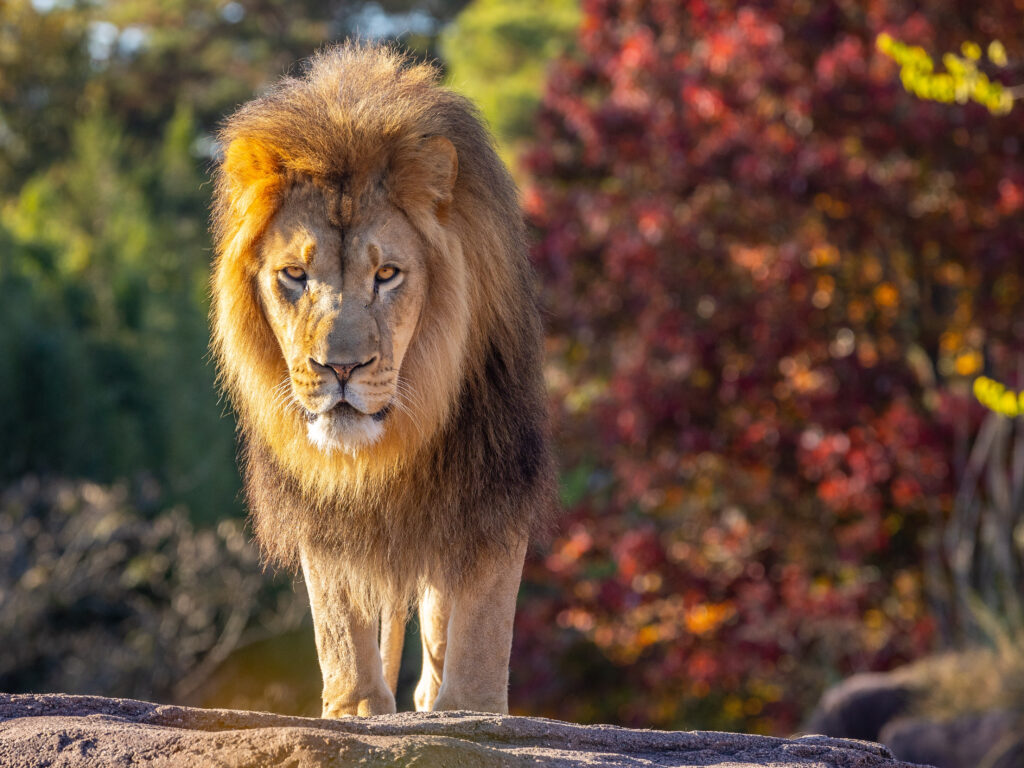
Big Cats
The Virginia Zoo provides funding for cheetah and lion conservation in Africa and tigers in Malaysia. These programs include creating awareness in local communities in base countries to value and safeguard their wildlife and wildlife habitats, supporting anti-poaching patrols and land management. The Virginia Zoo supports the following groups: Action for Cheetahs, Cheetah Conservation Fund, AZA Tiger SSP Tiger Conservation Campaign, Pride Lion Conservation Alliance.
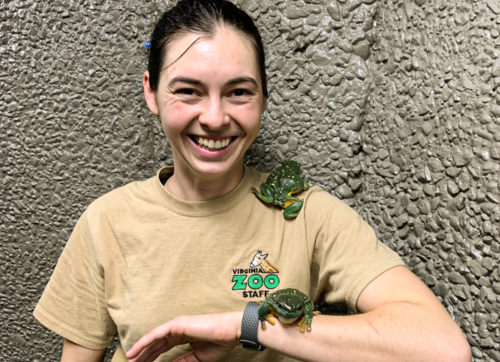
Frogs
There are approximately 6,000 frog species found worldwide. The Virginia Zoo helps support efforts to combat the primary cause of amphibian extinctions which include pollution, loss of habitat, climate change, invasive species, road mortality, and infectious disease spread by human activity. The Virginia Zoo supports a chapter of Frog Watch, a citizen science initiative mapping frog populations in the United States.
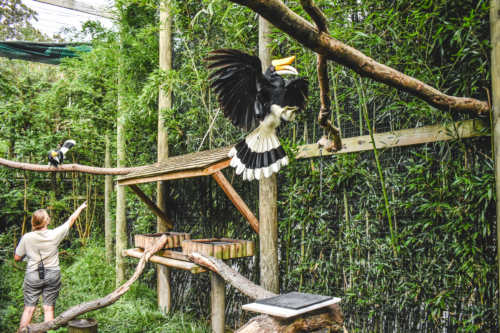
Hornbills
The Virginia Zoo has given long-term support to the giant hornbill species of Africa and Asia, providing significant funds and equipment, to help strengthen the numbers of these fragile populations of unique birds. Conservation funds have supported the Mabula Ground Hornbill Project which supplies scientists with necessary chick-rearing equipment and support for nest site adoptions that help protect giant rainforest tree nest sites.
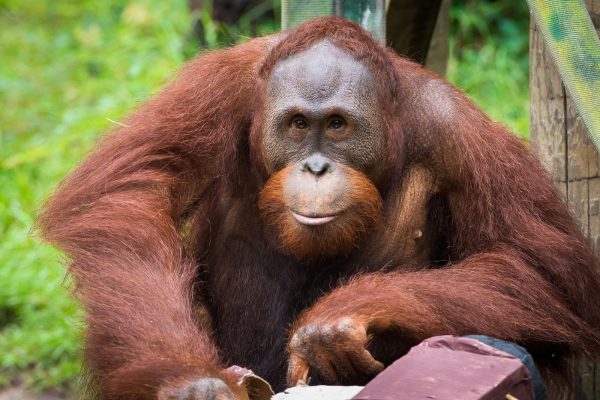
Primates
Destruction of tropical rain forests, due to illegal logging, the creation of palm oil plantations and mining are these animals’ biggest threats. The Virginia Zoo works with the AZA Ape TAG Conservation Initiative and Borneo Orangutan Survival Foundation to help conserve wild populations of great apes. The Ape TAG Conservation Initiative helps orangutans and other great apes by increasing support for ape conservation from zoos around the country. This support can help fund projects with local community education and conservation, such as projects designed for getting local people involved in planting seedlings that will eventually grow into habitats for great apes and other species. The Borneo Orangutan Survival Foundation helps orangutans in Borneo by working closely with local communities on orangutan and habitat conservation. Their efforts also include rescue, rehabilitation and reintroduction to the wild of orphaned or injured orangutans, as well as support of researchers working directly in the field.
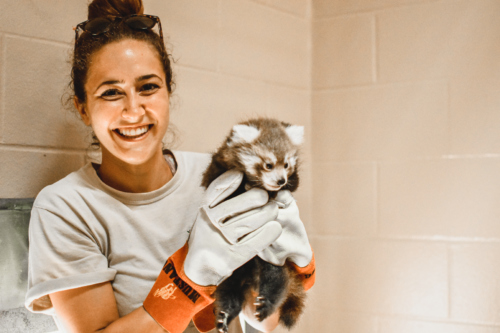
Red Pandas
Red pandas are an ambassador for clean air and water for approximately 500 million people living in the region of the Himalayan mountains. They are the only species of its kind in the world, as they have no close living relatives. There may be as few as 2,500 red pandas left in the wild. The Virginia Zoo supports Red Panda Network, which helps preserve the habitats of red pandas through community-based research and education, thus benefiting the livelihoods of the locals and saving this incredibly cute species.
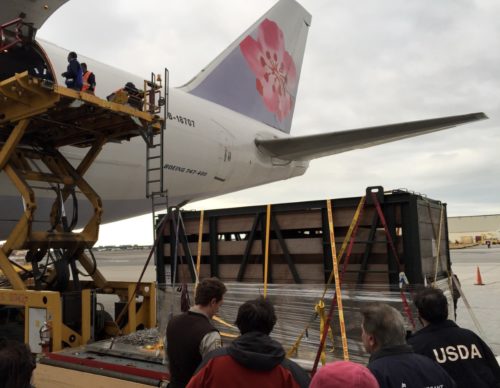
Rhinos
There are an estimated 20,000 white rhinos are left in the wild. They’re particularly vulnerable to poaching because they live in herds in more open habitats, where they are easier to target. The Virginia Zoo supports the International Rhino Foundation with donations that provide support for land protection, the translocation of rhinos to more suitable habitats, and work being done to end the trade in rhino horns.
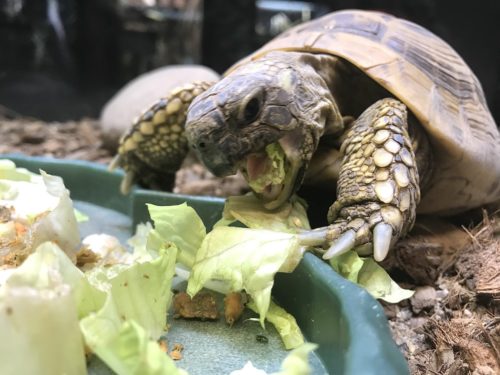
Turtles and Tortoises
The Zoo supports the science-based centers for rare turtle breeding and recovery programs that are saving these dwindling populations. The Virginia Zoo assists efforts by the Turtle Survival Alliance with building, programming, horticulture education and donations to expand global outreach and impact. Virginia Zoo and our partners are committed to zero turtle extinctions.
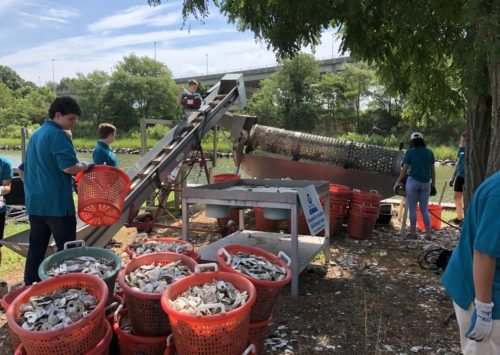
Virginia Waterways
Healthy rivers, inlets and bays thrive as healthy ecosystems for countless species, including our local fish, crabs, seahorses, otters, plants and other aquatic friends. The Virginia Zoo supports the Elizabeth River Project and the Chesapeake Bay Watershed.
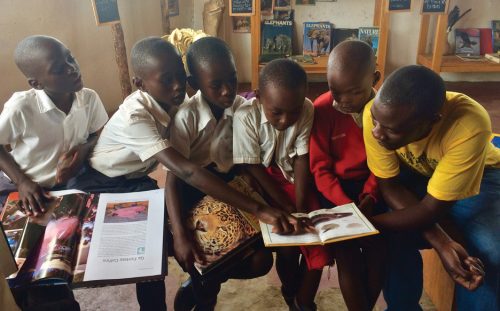
New Nature Foundation
The New Nature Foundation and Virginia Zoo partnered together to apply for the World Association of Zoos and Aquariums (WAZA) Nature Connect Grant. This $15,000 grant, along with an additional $10,000 donated by the Zoo, supports new projects at the Fort Portal Science Center in Uganda that enhance the connection of kids and their families to the natural world.